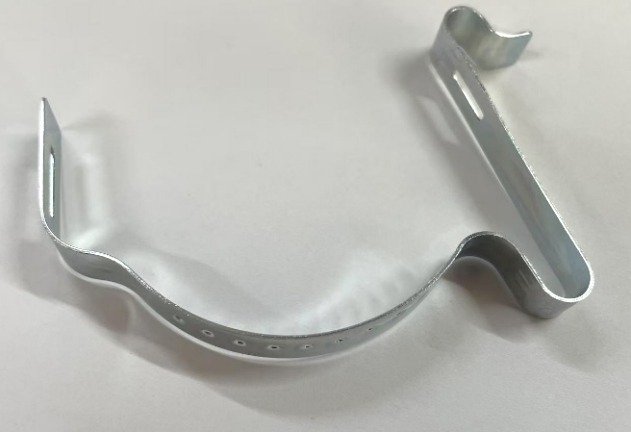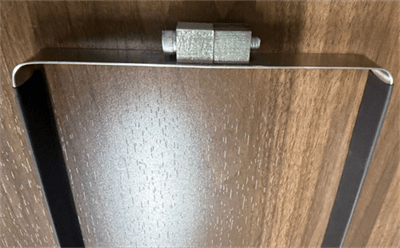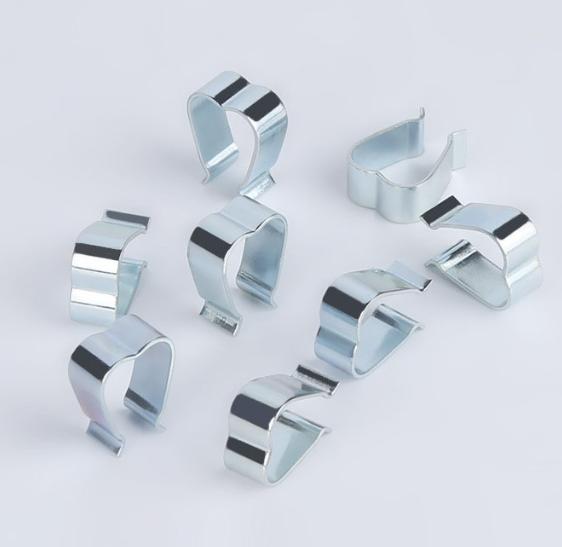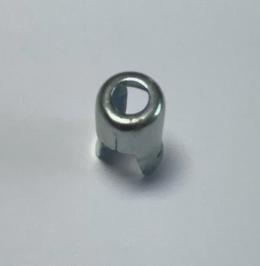How to Choose the Right Material for Custom Metal Stampings?
Custom metal stampings play a crucial role in various industries, offering a versatile solution for creating intricate components with precision and efficiency. One of the key decisions in the manufacturing process is selecting the appropriate material for the metal stampings. The choice of material not only affects the physical characteristics of the finished product but also influences factors such as durability, cost, and performance. In this article, we’ll explore the considerations involved in choosing the right material for custom metal stampings.

5 Factors to Consider Before Choosing Custom Metal Stampings
There are several factors to consider when choosing a material for custom metal stampings:
- The end-use application of the product
What will the product be used for? Whether the metal stampings will be used in automotive, aerospace, electronics, or other industries, the application’s demands will guide the material selection process. This will help you to determine the required properties of the material, such as strength, corrosion resistance, and formability.
- The desired properties of the product
What are the specific properties you need from the material? Different materials offer distinct properties that can significantly impact the performance of custom metal stampings. Factors to consider include tensile strength, hardness, ductility, corrosion resistance, and thermal conductivity. Each material has its strengths and weaknesses, and the goal is to find the balance that aligns with the requirements of the application.
- The cost of the material
Materials can range in price from relatively inexpensive to very expensive. While performance is crucial, cost considerations cannot be overlooked. Evaluate the overall project budget and weigh the costs associated with materials, processing, and any additional treatments or finishes. Sometimes, a slightly more expensive material may prove cost-effective in the long run due to its performance and durability.
- Compatibility with Manufacturing Processes
Consider the manufacturing processes involved in creating custom metal stampings. Different materials respond differently to stamping, forming, and finishing processes. Ensure that the chosen material is compatible with the manufacturing methods and tools available, optimizing efficiency and reducing production costs.
- Environmental Impact
In an era of increased environmental awareness, it’s essential to consider the ecological footprint of the chosen material. Some materials may be more sustainable or recyclable than others, aligning with environmental goals and regulations.

Common Materials for Custom Metal Stampings
Some of the most common materials used for custom metal stampings include:
- Low carbon steel – Low carbon steel is a versatile and inexpensive material that is easy to stamp. It is a good choice for applications where strength and durability are not critical.
- Stainless steel – Stainless steel is a strong and durable material that is also resistant to corrosion. It is a good choice for applications where the product will be exposed to the elements.
- Aluminum – Aluminum is a lightweight and strong material that is also easy to machine. It is a good choice for applications where weight is a concern.
- Copper – Copper is a good conductor of heat and electricity. It is also a relatively soft and malleable material, which makes it easy to form into complex shapes.

Other Factors to Consider about Material of Custom Metal Stampings
In addition to the factors listed above, there are a few other things to consider when choosing a material for custom metal stampings:
- The thickness of the material – The thickness of the material will affect the strength, weight, and cost of the product.
- The surface finish of the material – The surface finish of the material will affect the appearance and function of the product.
- The tolerance of the material – The tolerance of the material will affect the accuracy of the product.
Consulting with a Metal Stamping Parts Manufacturer
If you are unsure of which material to choose for your custom metal stamping project, it is always a good idea to consult with a Metal Stamping Parts Manufacturer. They can help you to assess your needs and recommend the best material for your application.
Conclusion
Choosing the right material for custom metal stampings is a critical decision that directly influences the performance and success of the end product. By carefully considering application requirements, material properties, cost factors, manufacturing compatibility, and environmental impact, manufacturers can make informed decisions that result in high-quality, durable, and cost-effective custom metal stampings.








